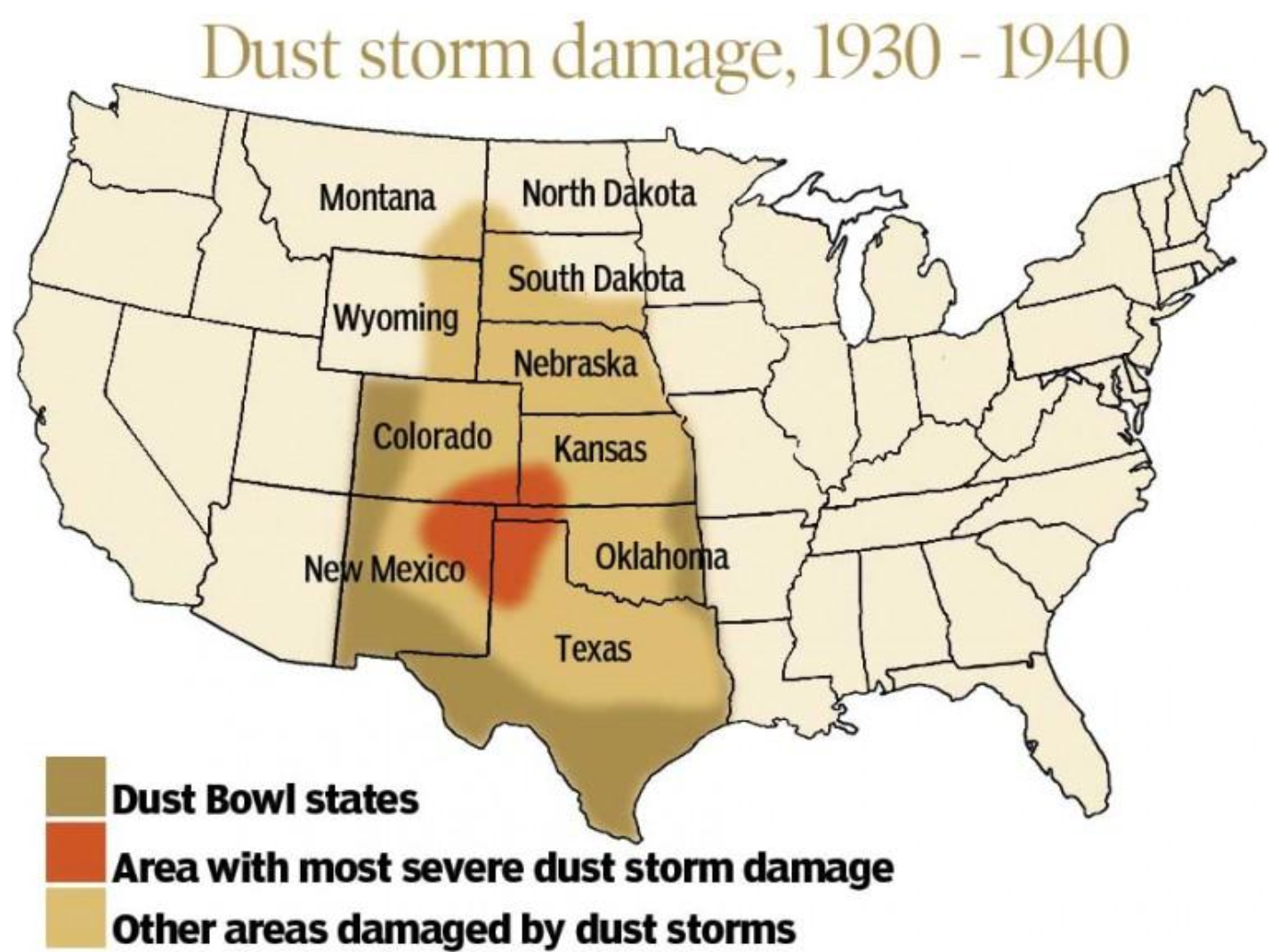1. "The individual of African descent is not seen. The Black Race is seen in the individual. All Black women are seen in the woman. All Black men are seen in the man.
Racist powers constructed the Black race - and all the Black groups. Them. Racist power kept constructing Black America over four hundred years". - How do the words of Ibram X. Kendi (anthology, p. 118) resonate with Faulkner's understanding of how "the Negro" might or not rise to equality in the South of 1958 (anthology pp. 120-124), and what do we understand about the concept of "race" from both texts? [This reasoning on the keyword "race" might help]
2. What cultural differences does Faulkner establish between Virginia (he is giving his speech at the University of Virginia) and the rest of the South (for instance, Mississippi, where he is from), and why do you think he foregrounds such contrasts?
.jpeg)


1. As race is a social construct, I think one of the main characteristics of the concept of race is community. In Ibram X. Kendi’s work, we learn that Black America is rooted in solidarity, and it is through this solidarity that Black America has constructed its narratives, for many reasons. In a way, Faulkner also suggests that for peaceful coexistence, all must be united. This, in a sense, relates to the concept of solidarity. He implies that all humans, regardless of their "race," need to be seen as equal and live in the same community in order to live in harmony.
ReplyDelete2. In his speech, Faulkner describes Virginia as "the mother of all the rest of the South," as if it were the state ruling over the others. In contrast, he portrays the rest of the South, states such as Mississippi, Alabama, and Arkansas, as places where wilderness still rules. The main distinction he seems to be making between these two geographical regions is between their cultural and intellectual backgrounds. By defining the "other" states as wild, he highlights the harshness and cruelty these places have regarding Black people. On the other hand, Faulkner gives Virginia a sense of elitism, referencing "Virginia's old blood." In this way, the higher status he gives to Virginia suggests that it should be the place where Black people are integrated into the community, because Virginians are portrayed as those who "know better." I think that by making this comparison he critics slavery and the brutality inflicted to black people in the south.
1. In Faulkner’s text, he advocates for a just society where “all must be one thing” (page 120) and criticizes racial segregation. He states that black people should be included in the broader society. Faulkner is, however, suggesting that black Americans will rise to equality trough cultural assimilation. They must not only act like white Americans, they have to: “think and act like the best among white men.” (page 122) Faulkner states that in the South, the black community should be enrolled in white schools and be taught by white teachers.
ReplyDeleteHere, black people are not seen as individuals, only as a whole. This is what Ibram X. Kendi states in his text: Community of Souls. The racist powers that ruled in the United States did not acknowledge the cultural ancestry of each individual black person. This generalization and othering of black Americans lead to a strong community united by their fight for freedom and equality: “For better or for worse (…) individuals of African descent have, for the most part, been made into a community…” (page 119).
2. Virginia is distinct from other states, it is “the mother of all the rest of us in the South.” (page 123). The “old virginia blood” alludes to a and antique strong southern identity. Virginia is depicted as a parent who signals and leads a child. Much like black people should “act as well as the best of white men” (page 123), the other southern states should become inspired by Virginia and thrive to learn from it.
Matilde Ribeiro (161233)
2) Faulkner, making his speech at the University of Virginia, defines this country as "the mother of all the rest of us of the South" and it is compared with other states like, for exemple, Mississipi, Alabama and Arkansas. Virginia is reperesented as the best state to live in and it is known by all children even before New York. In the other states of the South, wilderness still plays an important role and the other states look at Virginia as a role model, called, in fact, also "Mother Virginia". The contrast is even more interesting between the North and the South: while the last one seems to be more open, relatively to relations with Negros, trusting them, in the North they tend to fear black people. The speech is especially interesting, since it highlights everything Negros should do, but the author does not mention at all what white people ought to do in order to try to solve the problem of social discriminations. Equality should also be guaranteed by a division of responsabilities, not only undertaken by black people. Everyone should be involved in this social change, struggling to create a more peaceful coexistence, by promoting social, cultural and economic equality.
ReplyDelete1.
ReplyDeleteWilliam Faulkner, writing in 1958, reflects a different but related understanding of race. While he does not use the same terminology, his reflections on "the Negro" in the South show how deep-rooted stereotypes and generalized identities shaped Southern thinking. Faulkner questions whether the Black person could rise to equality in a society that had long denied it, but he also seems resigned to the slow pace of change, and sometimes reinforces the idea that racial identities are fixed or culturally embedded.